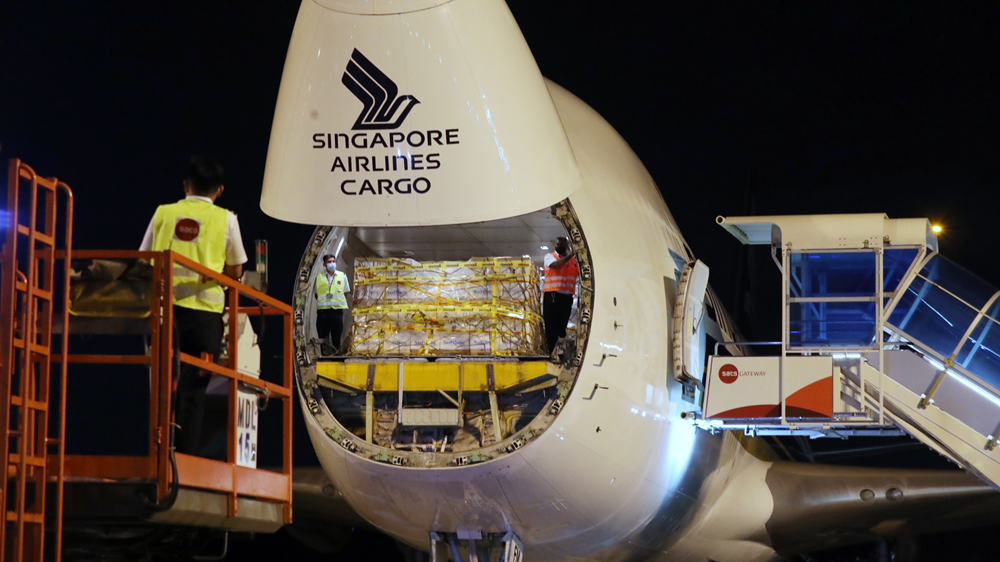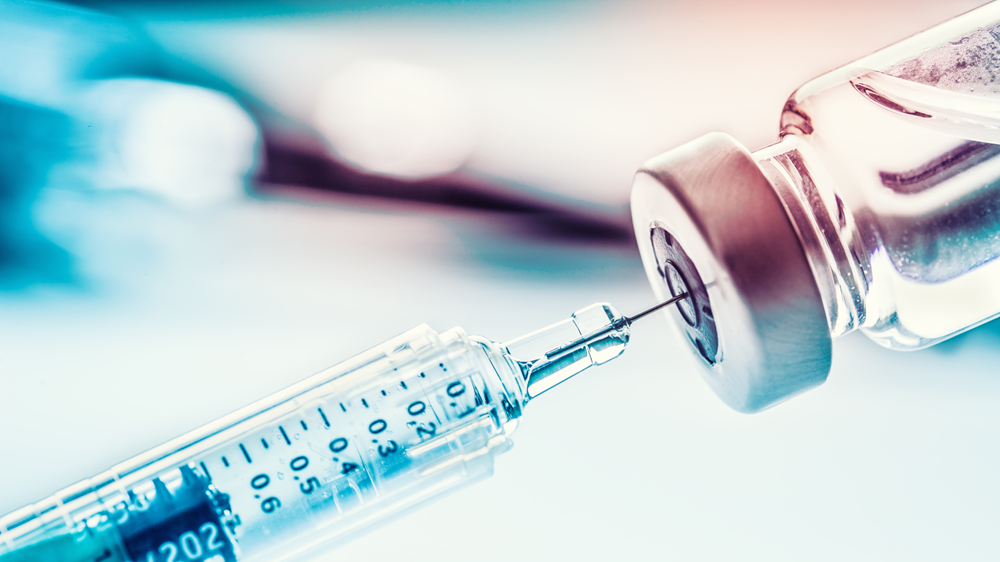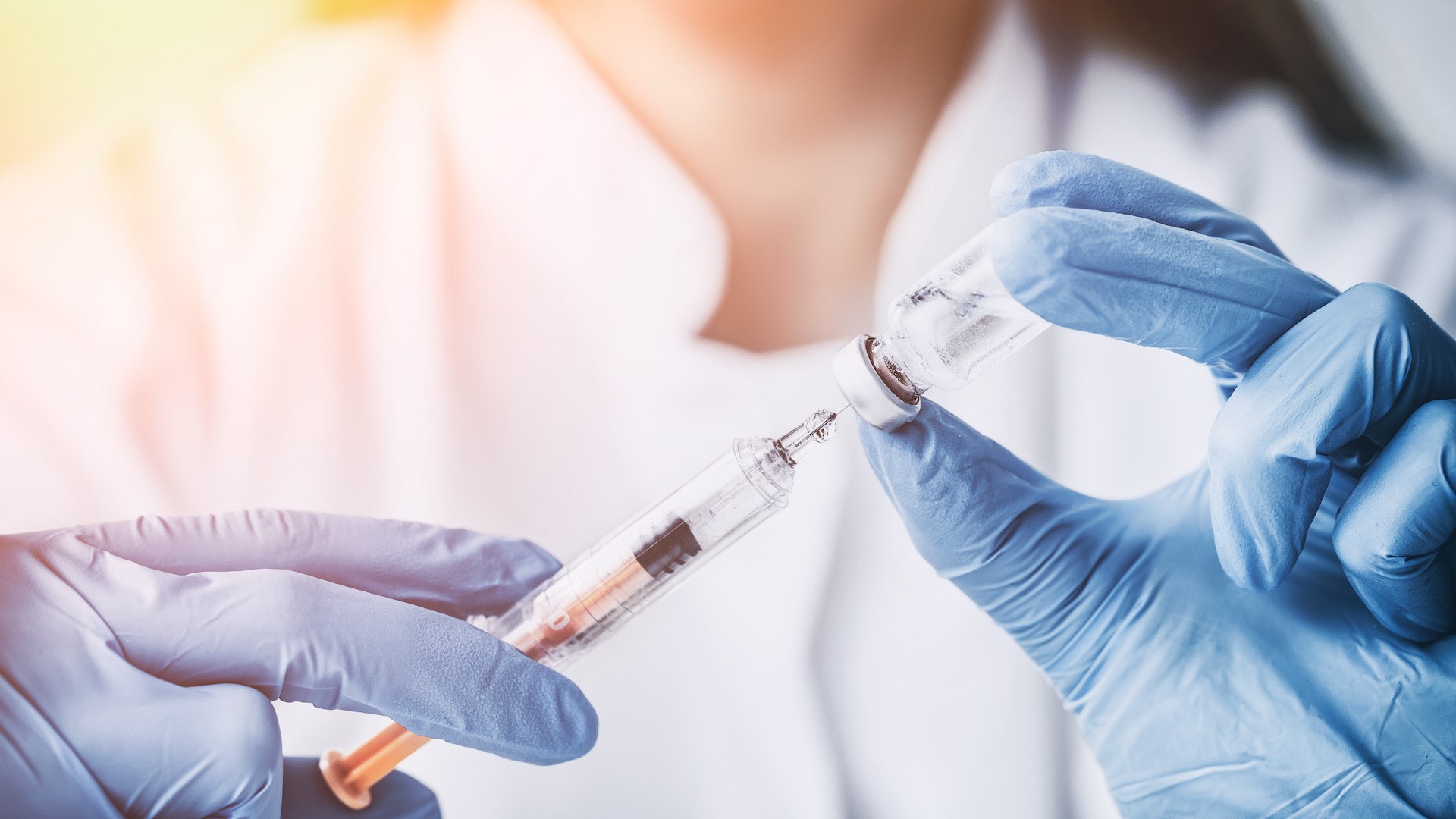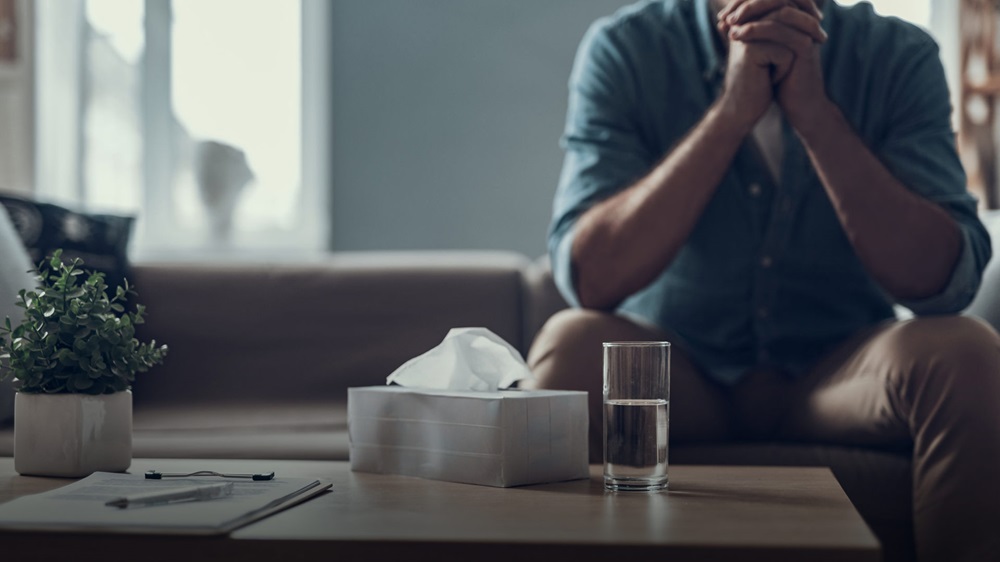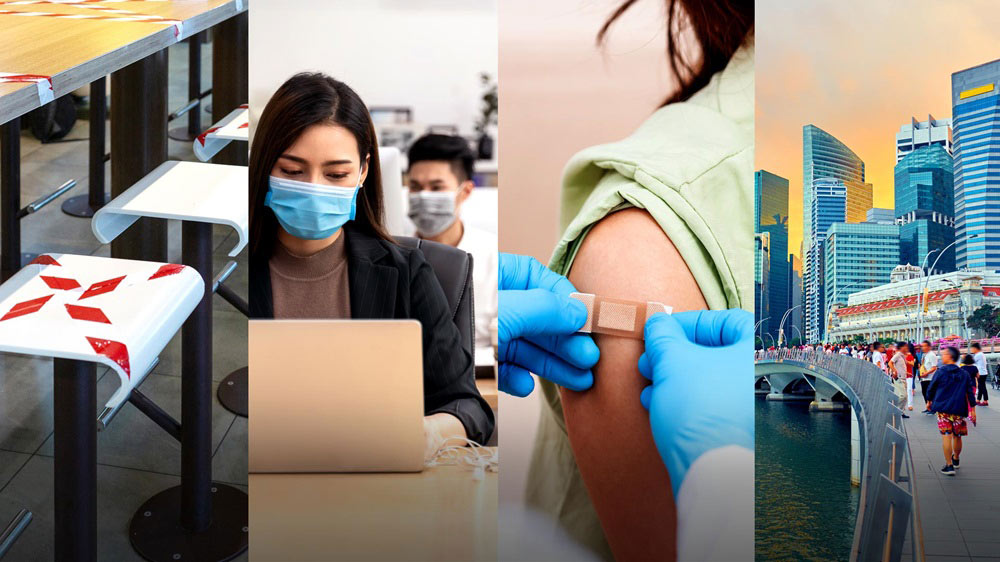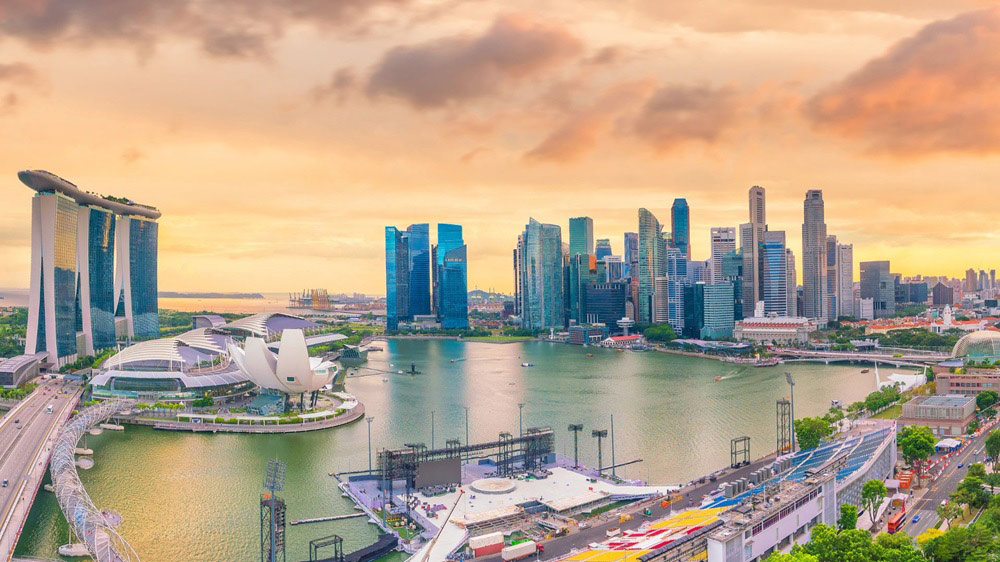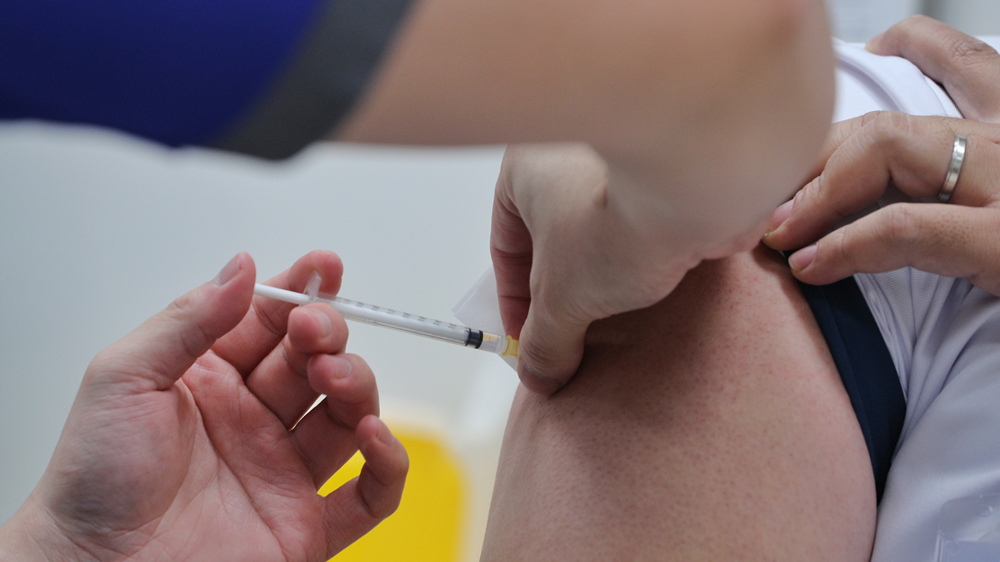
Singapore received its first batch of the Pfizer-BioNTech COVID-19 vaccine on 21 December. Following that, the recommendations of the Expert Committee on COVID-19 Vaccination on its vaccination strategy for Singapore were accepted by the Government.
Among its recommendations:
- The Pfizer-BioNTech COVID-19 vaccine has been reviewed and endorsed for use in Singapore for individuals aged 16 and above.
[Updated 3 Feb 2021] The Moderna COVID-19 vaccine has been authorised for use in Singapore. Details here. - Vaccination will take place progressively, with priority given to:
(i) Persons at high risk of being infected by COVID-19, including healthcare and frontline workers
(ii) Persons most vulnerable to severe disease and complications if they fall ill with COVID-19. This includes the elderly and persons with medical comorbidities (those with 2 or more illnesses/diseases at the same time)
Vaccinations for healthcare workers started on 30 Dec 2020, while vaccinations for the elderly (starting with those aged 70 and above) will begin from Feb 2021.
Comprehensive vaccination coverage will not only protect our population, but also those who cannot be vaccinated due to medical reasons.
While vaccination is encouraged, it is voluntary. To help you make a more informed decision on whether you want to be vaccinated, here are some key questions, answered.
A. Why is vaccination important?
Vaccination is one of the key strategies to protect us and our loved ones against COVID-19, along with safe management measures, contact tracing and testing. The Expert Committee on COVID-19 Vaccination proposed to vaccinate the population as widely as possible to not only reduce the number of people susceptible to the disease but also the chances of transmission. As more of us are vaccinated, the harder it will be for the virus to spread, and the safer we will all be as a society.
A comprehensive vaccination coverage will then enable us to re-open further, allow more social activities to resume, and facilitate the recovery of our economy. However, until a significant proportion of the population is vaccinated, Singaporeans must continue to observe safe management measures.
B. How do the COVID-19 vaccines work?
Vaccines work with your body’s natural defenses to protect you from diseases. When you get a vaccine, your immune system is trained to recognise the virus and produces antibodies. These antibodies attack the viruses and stay in our bodies.
Of the three vaccines that Singapore had signed Advance Purchase Agreements with – Pfizer-BioNTech, Moderna and Sinovac – the first two are messenger RNA (mRNA) vaccines, while the last uses an inactivated vaccine technology.
- mRNA vaccines contain material from the COVID-19 virus that gives our cells instructions on how to make a harmless protein that is unique to the virus. After our cells make copies of the protein, they destroy the
genetic material from the vaccine. Our bodies then recognise that the protein should not be there and build antibodies to fight the virus.
- Inactivated vaccine technology uses weakened or inactive viral particles to stimulate our body to produce an immune response to the COVID-19 virus.
Some vaccines require multiple doses, given weeks or months apart. This allows us to produce long-lived antibodies and develop memory cells – so that our bodies can rapidly fight the virus should we be exposed to it again.
Source: Centers for Disease Control and Prevention, World Health Organisation
More info on vaccines here and here.
C. Are COVID-19 vaccines safe, especially for the elderly and those who are vulnerable?
The safety and efficacy of COVID-19 vaccines for all Singaporeans is of utmost importance. Only vaccines that comply with the World Health Organisation’s guidelines and meet strict standards of safety, quality and efficacy will be used for our population.
Multiple safety checks are in place before the vaccines are rolled-out in Singapore. For example, all vaccines to be deployed in Singapore must be authorised by the Health Sciences Authority. An expert panel, comprising 18 scientists and clinicians, was also formed to advise the Government on therapeutics and vaccines. In identifying suitable vaccines, the panel relies on data that comes from the different vaccine companies at their respective stages of clinical trials.
Read more about the processes put in place here.
D. How was the Pfizer-BioNTech COVID-19 vaccine evaluated?
In assessing the suitability of vaccine candidates, the Expert Committee took into consideration vaccine safety and efficacy, vaccine tolerability, as well as data adequacy of clinical trials.
The Health Sciences Authority authorised the Pfizer-BioNTech COVID-19 vaccine, based on the following assessment:
- It has a high vaccine efficacy of 95% in preventing symptomatic COVID-19 disease in vaccinated persons aged 16 years and older.
- Its safety profile is consistent with other established and registered vaccines. No significant safety concerns have been detected. Common side effects were expected as part of the body’s natural response to
a vaccination, such as injection site pain, fever, fatigue and headache.
- The benefits outweigh the known risks. But continued monitoring for longer-term efficacy of the vaccine, as well as monitoring for rare and serious adverse events will be needed.
Until more information is available, pregnant women and those under 16 years old should not receive the vaccine. It is also not recommended at this stage for immunocompromised individuals.
E. Are there side-effects?
Some people may experience side-effects such as fever, redness and swelling at the injection site. These are common side-effects and expected as part of the body’s natural response towards build immunity against COVID-19.
Hear what Prof Benjamin Seet has to say about the thorough review process for safety and tolerability.
F. Who should take the vaccine?
COVID-19 vaccination may be voluntary, but the Government strongly encourages all who are medically eligible to be vaccinated when it is offered to you.
When more of us are vaccinated, the harder it will be for the virus to spread, and the safer we will be as a society.
Priority will be given to those at greater risk of infection, such as healthcare and COVID-19 frontline workers, as well as vulnerable groups, including seniors.
Pregnant women, people with compromised immune systems and those under 16 years old should not receive the vaccine yet, until more data is available.
G. How much does it cost to be vaccinated?
All Singaporeans and long-term residents in Singapore will be able to be vaccinated for free.Migrant workers will also be offered the vaccine, with more details to be announced.
We use cookies to tailor your browsing experience. By continuing to use Gov.sg, you accept our use of cookies. To decline cookies at any time, you may adjust your browser settings. Find out more about your cookie preferences here .









